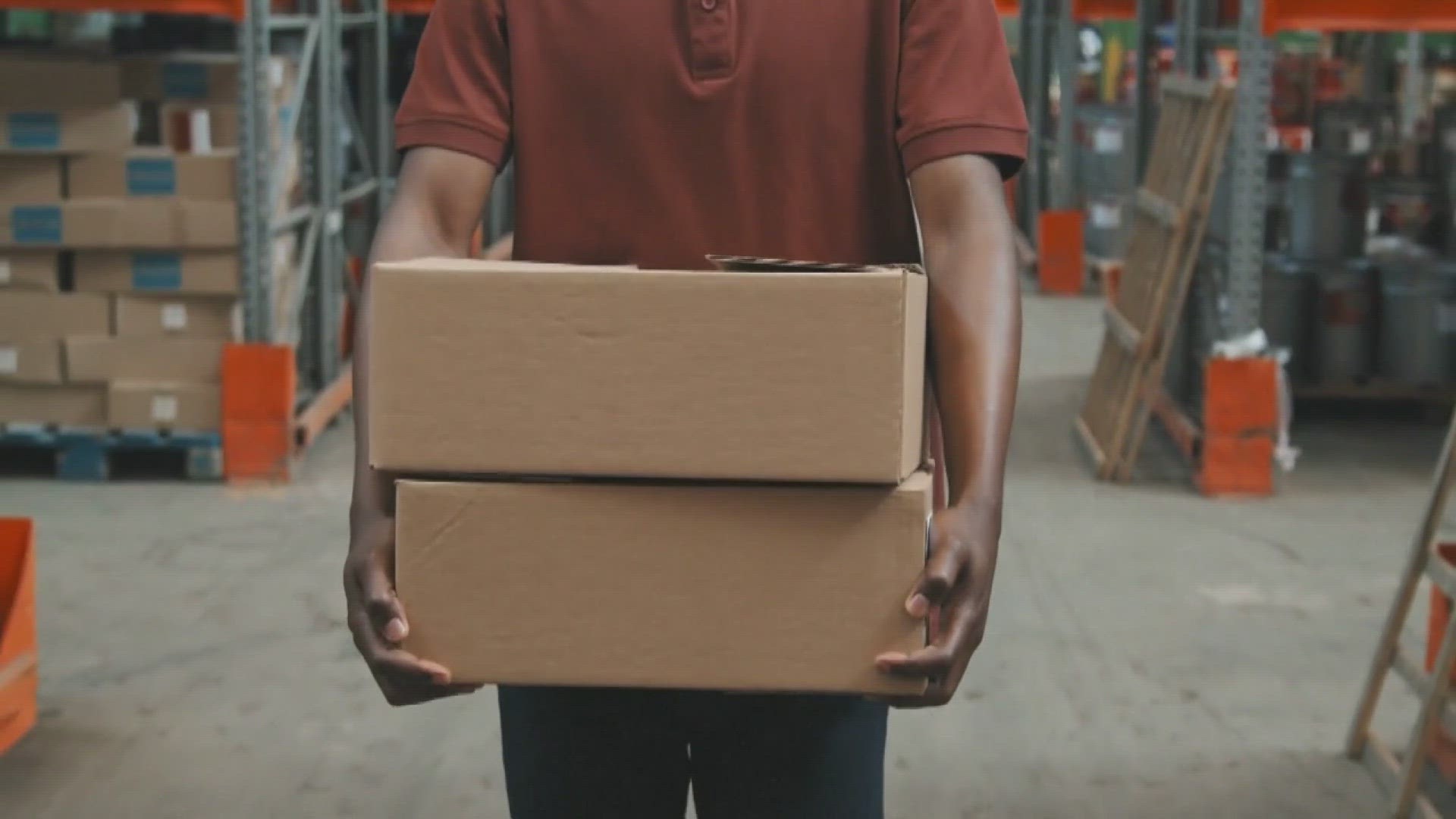JACKSONVILLE, Fla. — Update: HB 49 passed through the Florida House Commerce Committee January 23. The Florida Policy Institute released a statement from CEO Sadaf Knight:
Florida Policy Institute (FPI) released the following statement from FPI CEO Sadaf Knight:
“The bill that would undo long-held child labor protections in the Sunshine State is poised for a floor vote in the Florida House.
Even after lawmakers amended HB 49, provisions remain that would allow employers to schedule 16- and 17-year olds for more than 30 hours a week, more than eight hours a day, and without breaks — even if they have school the following day. A recent FPI analysis found that roughly 80,000 teens aged 16- and 17- are currently employed in Florida, with three out of four also in school. The bill would disproportionately impact Florida teens from families with low income and immigrant youth.
Additionally, this weakening of the child labor law is being proposed against the backdrop of a state with lax oversight of wage and labor laws.
The focus during the 2024 legislative session should be on improving the health, safety, and overall well-being of Florida youth — not rolling back child labor law protections. This is why FPI and 99 other organizations sent a letter last week to legislative leaders urging them to oppose these rollbacks.
We strongly urge the Florida House to reject HB 49.”
Two bills that would change child labor laws are moving forward in Florida's legislature.
The bills would allow teenagers in Florida to work longer hours on school days and in some professions deemed hazardous. Advocates on one side say the legislation will hurt children; Those on the other side, believe it will help families and businesses.
House Bill 49 would let teenagers work over 30 hours a week, and for more than eight hours a day on a school night. Senate Bill 460 would let teens work on roofs and scaffolding up to six feet high. It would also create changes that would expose students to opportunities in skilled trades.
Researchers with the nonprofit, Florida Policy Institute, say the part about exposure to skilled trades is good, but their concerns are greater.
"We already have a concern about an imbalance between school and work and if you start rolling back these provisions even more, then that could have life-long education and economic consequences," Florida Policy Institute Political Analyst Alexis Tsoukalas said during a virtual press conference last week.
"Let's be clear," Debbie Berkowitz, practitioner fellow with Kalmanovitz Initiative for Labor and the Working Poor, added during the press conference. "Workers get killed on or around roofing jobs."
Leaders with the Florida Restaurant and Lodging Association, speaking to a legislative committee, say the bills would expand staffing and get rid of unnecessary restrictions on teenage employees. Samantha Padgett says the association received, "a flood of positive support" from hoteliers and restauranteurs.
"That this would significantly help them and make a positive difference in their business and also, make a positive investment in the future of their business by being able to invite 16 and 17-year-olds into the workforce and start their career development early," said Padgett.
A report by the Economic Policy Institute finds 10 states have introduced or passed bills weakening child labor standards in the past two years.

